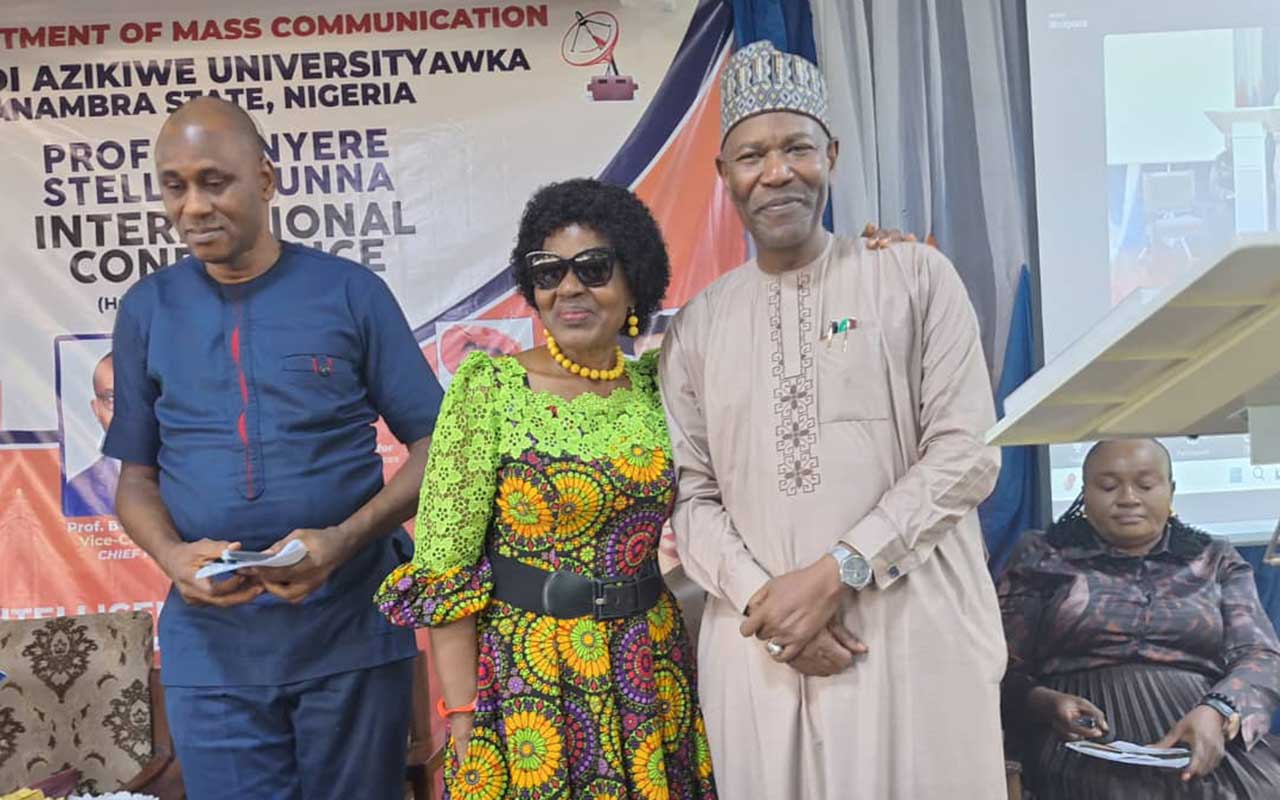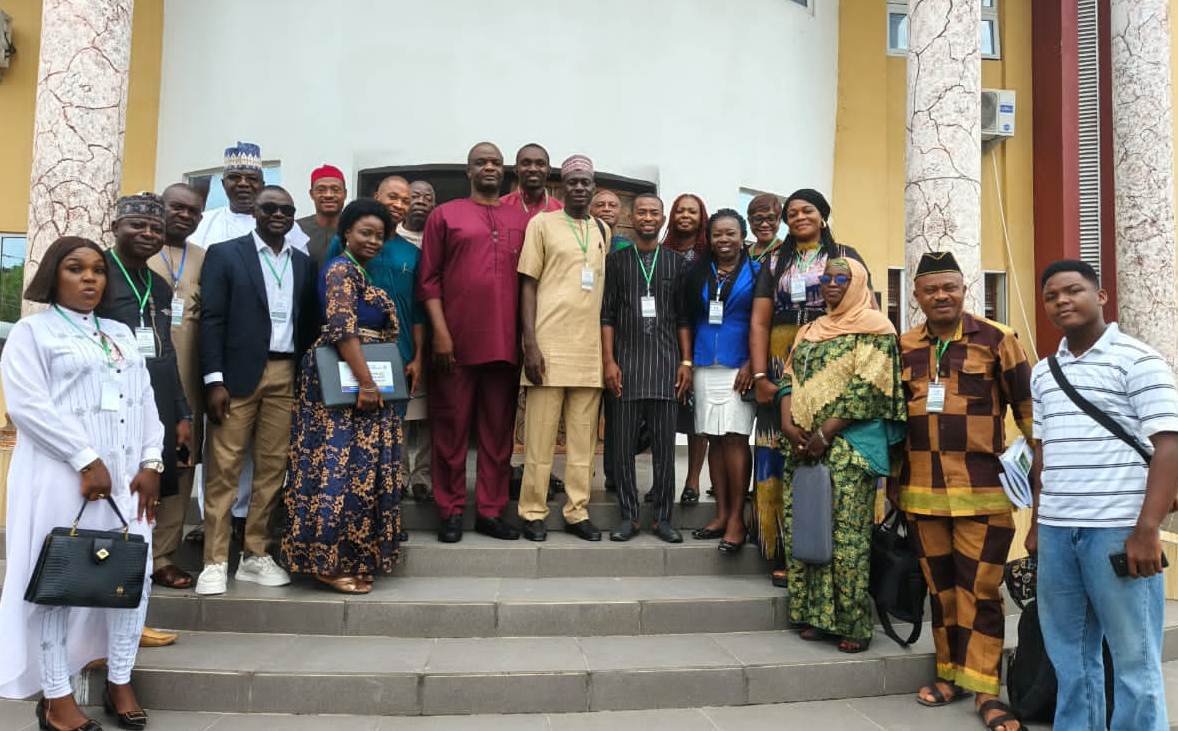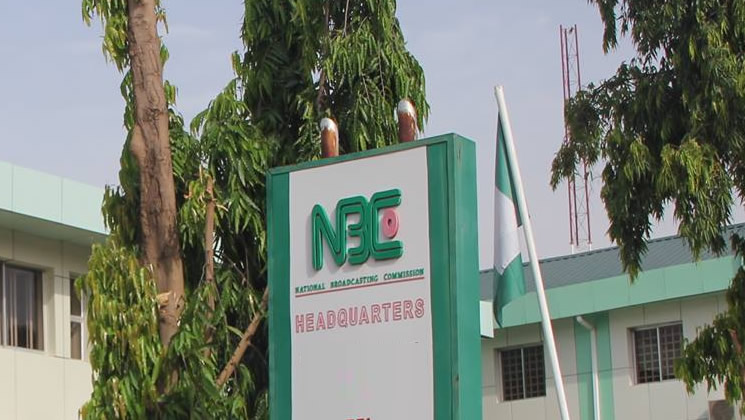
Professor of Media History and Vice Chancellor, Federal University, Kashere, Gombe State, Umaru Pate, has stressed the need to rethink models for training and research in theoretical and practical communication to make young people embrace new technology and Artificial Intelligence (AI) in a fast changing world.
Speaking at the Prof. Chinyere Stella Okunna International Conference organised by the Department of Mass Communication, Nnamdi Azikiwe University, he said, “we should not fear or resist technology. The future of jobs is in AI, cyber security and technology. We must invest in infrastructure and human capital.”
With the theme, “Artificial Intelligence and the future of communication practice and scholarship in Nigeria,” he observed that changes in technology, business and audiences have affected the communication sector, in terms of funding, technology, content, credibility, freedom and professional safety in addition to fragmentation and changing media consumption habits of the citizens.
Saying there is failing connection between young Nigerians and the conventional media, he added attention span of people has been reduced and rise of new owners and formats and platforms surfaced.
Speaking further, Pate identified some concerns such as, possibilities of misusing AI opportunities to cause more personal and societal disruptions through invasion of privacies, cyber threats and other unethical acts; exacerbating the Internet and social media power in extending volume, velocity and reach of propaganda, disinformation and lies, which are convincing but difficult to edit, detect or verify; it is increasingly getting difficult to build trust in an untrusting world; algorithms, platforms and big tech companies are taking over content distribution with existential threats to the conventional media.
Other challenges include, rise of many journalists, who have technology but no interest in journalism; gathering of news in the digital space can miss professional touch; failing connection between young Nigerians and the conventional media.
In conclusion, the don advocated popularising media literacy and emphasise critical thinking and entrepreneurship education; develop governance framework, processes, values, that are contextually adaptable to the emerging technologies instead of unworkable regulations.






